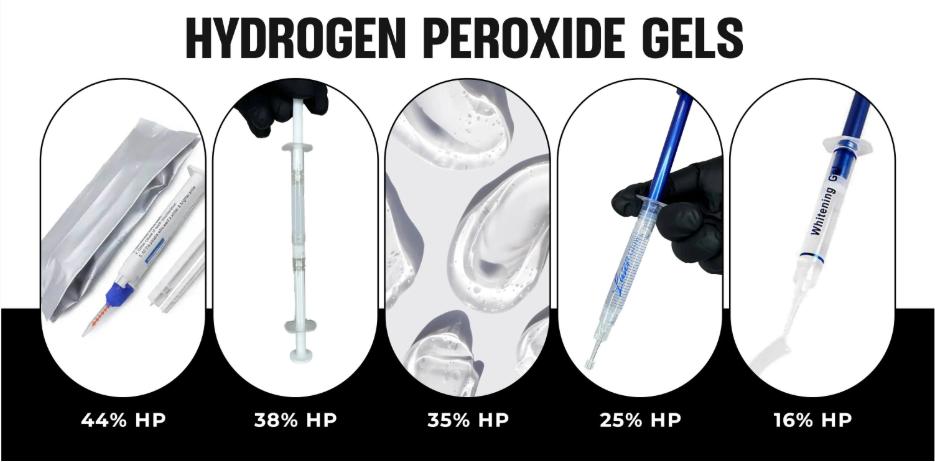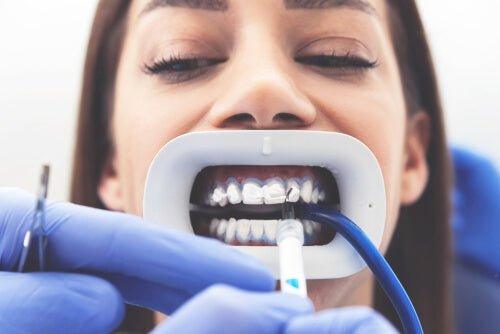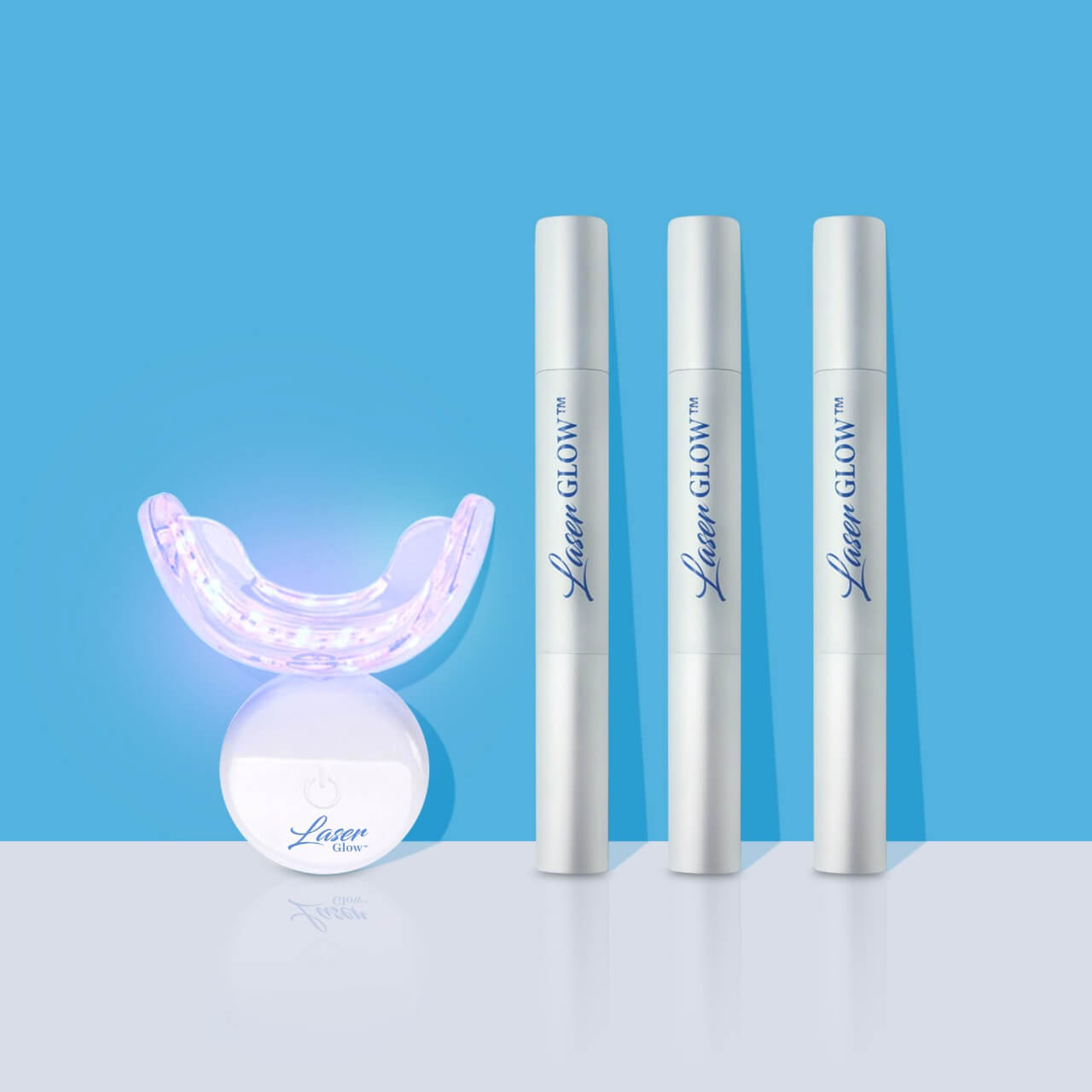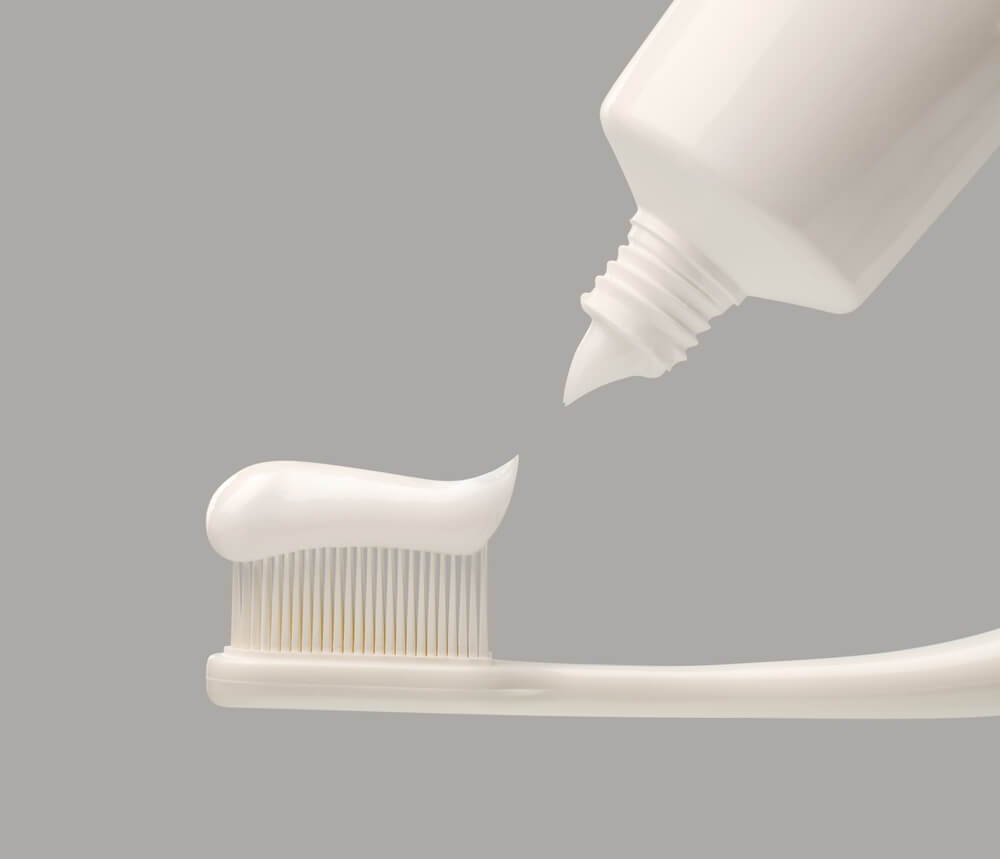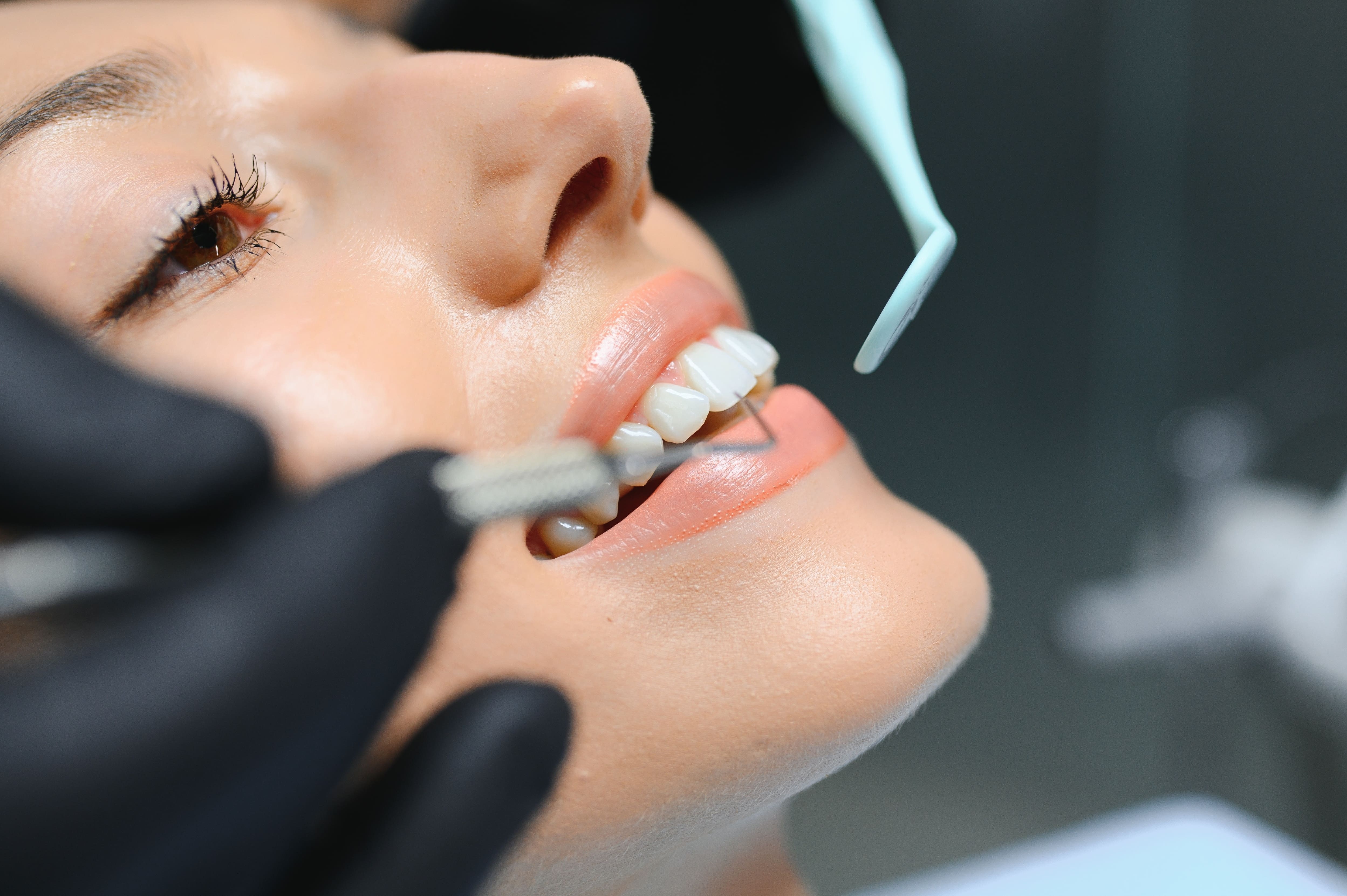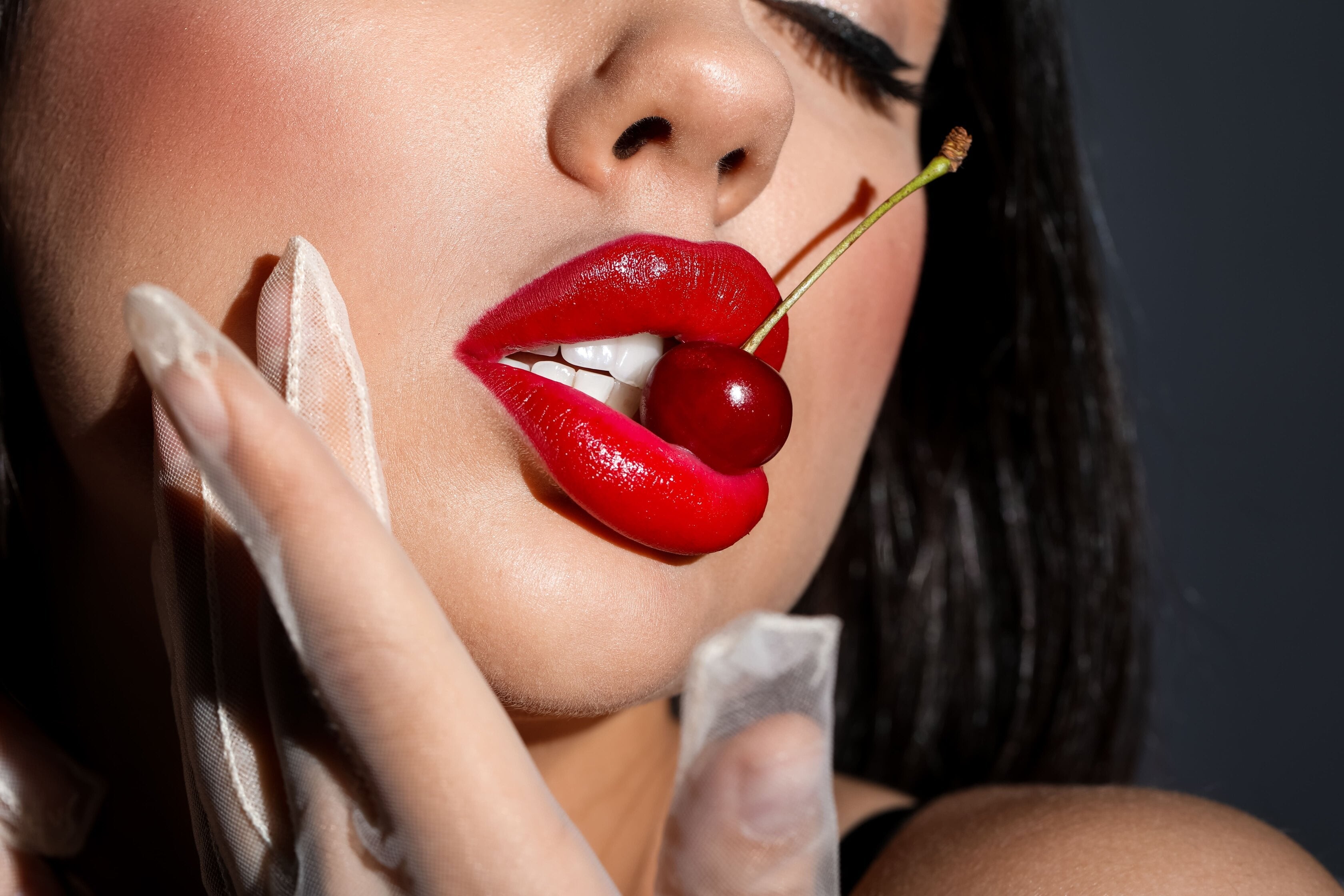You may be surprised to learn that there are certain foods that can stain your teeth over time, undoing the effects of regular brushing and whitening treatments. These foods, if consumed in excess, can cause discoloration and leave you longing for a radiant smile.
In this article, we will explore 10 common foods that you should avoid if you want to maintain a stain-free smile. By being mindful of what you eat and making smart choices, you can help preserve the whiteness of your teeth and avoid the need for frequent visits to the dentist or relying on whitening strips.
So, before you take that next bite, let's delve into the world of teeth-staining foods and discover how you can keep your smile bright and beautiful.
Coffee: A Common Culprit for Teeth Stains
Coffee has long been a popular beverage, enjoyed by millions for its rich aroma and stimulating effects. However, its dark hue can leave a lasting mark on our teeth. It is no secret that coffee is one of the main culprits when it comes to teeth stains. The deep pigments in coffee can easily penetrate the enamel and leave unsightly brown or yellow discoloration.
In conclusion, if you are a coffee lover, it is important to be aware of its potential to stain your teeth. While completely avoiding coffee may be a difficult task, taking preventive measures such as limiting consumption and maintaining good oral hygiene can go a long way in preserving the whiteness of your teeth. Remember, a healthy smile is not only aesthetically pleasing but also contributes to overall dental well-being.
Black Tea: A Dark Drink That Can Darken Your Teeth
Black tea, the rich and robust beverage that many of us enjoy on a daily basis, may be causing more harm than good. While it provides a comforting and energizing experience, it can also lead to the darkening of your teeth. If you are an avid black tea drinker, you may have noticed a yellowish or brownish discoloration on your pearly whites. This is due to its high concentration of tannins, which are natural compounds that can easily adhere to teeth.
To minimize the staining effects of black tea, it's helpful to follow a few simple practices. One is to avoid sipping tea slowly and instead, drink it in a few continuous swallows. This reduces the exposure time for the tannins to interact with your teeth. Additionally, you can rinse your mouth with water after drinking tea to help wash away any residual particles. Regular brushing and flossing, along with routine dental cleanings, can also assist in keeping your teeth bright and healthy.
In conclusion, while black tea is a delicious and beloved drink, it's important to be aware of its potential to darken your teeth. Understanding the foods and beverages that may stain your teeth can help you make informed choices to maintain a radiant smile. By practicing moderation and implementing good oral hygiene habits, you can continue to indulge in your favorite cup of black tea while minimizing its impact on your dental aesthetics.
Red Wine: Sip with Caution to Keep Your Smile Bright
Red wine, with its rich color and complex flavors, is a favorite indulgence for many. However, before you reach for that glass, you may want to consider its impact on your pearly whites. Red wine, like many other dark-colored beverages, can stain your teeth over time, leaving you with a less than desirable smile.
The deep pigments in red wine, called chromogens, have a tendency to cling to the enamel of your teeth, leading to discoloration. While enjoying a glass or two occasionally may not cause significant staining, regular and excessive consumption can gradually darken your teeth.
To protect your smile, it is important to sip red wine in moderation and take precautions to minimize the staining effects. Along with maintaining a good oral hygiene routine, such as brushing and flossing daily, there are a few simple steps you can take. First, consider drinking through a straw to bypass direct contact with your teeth. Additionally, rinsing your mouth with water after enjoying a glass can help remove any residual wine.
In conclusion, while it's tempting to indulge in a glass of red wine, it's essential to be aware of its potential impact on your smile. Moderation, preventive measures, and avoiding other staining foods are key to maintaining teeth that dazzle. So go ahead and sip that red wine, but remember to prioritize the health and radiance of your teeth.
Berries: Delicious and Nutritious, but a Potential Teeth Stainer
Berries offer a tantalizing burst of flavors, making them the perfect treat for any time of the day. Besides being delicious, these tiny fruits are also a nutritional powerhouse, packed with vitamins, antioxidants, and fiber. However, as much as we love to indulge in their vibrant hues, it's essential to be aware that some berries can stain our teeth over time.
Foods to avoid that stain your teeth include blueberries, blackberries, and raspberries, all of which are notorious for leaving behind stubborn stains on our pearly whites. Their deep pigmentation can gradually seep into the enamel, leading to a duller and less vibrant smile. While this doesn't mean you need to give up enjoying berries altogether, it's important to take some precautions to keep your teeth looking their best.
In conclusion, while berries offer numerous health benefits, their vibrant colors can also pose a challenge to maintaining a bright smile. By being mindful of the foods that stain our teeth, such as certain berries, we can still enjoy their enticing flavors while taking steps to mitigate any potential staining. Remember to practice good oral hygiene, talk to your dentist about whitening options, and don't let the fear of stains keep you from savoring these delicious and nutritious fruits!
Tomato Sauce: Tasty but Treacherous for Teeth
Tomato sauce, a staple in many kitchens, is undeniably delicious. Whether it's smothered over a plate of spaghetti or used as a base for pizza, its tangy and savory flavor adds a delightful twist to any dish. However, while tomato sauce may be a culinary delight, it can also be treacherous for your teeth.
The vibrant red hue of tomato sauce comes from a pigment known as lycopene, which is notorious for staining teeth. Over time, consuming tomato sauce regularly can lead to unsightly discoloration and yellowing of teeth. The acidic nature of tomatoes can also weaken the enamel, making teeth more susceptible to tooth decay and cavities.
To minimize the negative impact of tomato sauce on your teeth, there are a few things you can do. First, try to limit your consumption of tomato sauce, especially if you're prone to teeth staining. Additionally, consider using a straw when enjoying tomato sauce-based beverages such as Bloody Marys, as it can help bypass direct contact with your teeth. Lastly, practicing good oral hygiene, such as brushing your teeth after consuming tomato sauce, can help reduce the chances of staining and enamel erosion.
In conclusion, tomato sauce is undoubtedly a tasty addition to many dishes, but its vibrant red color and acidic nature can pose risks to your teeth. To prevent staining and enamel erosion, limit your consumption of tomato sauce, use a straw when possible, and practice good oral hygiene. Remember, tomato sauce is just one of the many foods to avoid that stain your teeth, so be mindful of what you consume to maintain a radiant smile.
Soy Sauce: A Flavor Booster That Stains Teeth
Soy sauce, a savory condiment popular in many Asian cuisines, can add an explosion of flavor to your dishes. However, it's important to be aware of its potential side effect on your pearly whites. Soy sauce contains pigments called chromogens that have a tendency to stick to the enamel of your teeth, leaving behind a stubborn stain. If you're a fan of soy sauce and want to maintain a bright smile, it's crucial to take precautions and be mindful of foods to avoid that stain your teeth.
In conclusion, soy sauce is a delicious flavor enhancer that can unfortunately leave stains on your teeth, along with other pigmented foods and beverages. By being cautious about what you consume and maintaining proper oral hygiene, you can reduce the chances of staining and keep your smile bright and beautiful. Remember, moderation is key when it comes to enjoying foods that have the potential to stain your teeth. So, go ahead and savor that umami taste, but be mindful of the impact it can have on your pearly whites.
Balsamic Vinegar: Beware of This Dark Dressing
Balsamic vinegar, with its rich and dark color, has become a popular dressing for salads and a key ingredient in many recipes. However, while this tangy and flavorful condiment may enhance the taste of your favorite dishes, it could also be putting your pearly whites at risk. Yes, you read that right – balsamic vinegar is one of the foods to avoid that stain your teeth.
The dark pigment in balsamic vinegar is known to stick to tooth enamel, leading to unsightly stains over time. Despite its numerous health benefits and culinary uses, this acidic dressing can leave your teeth looking discolored and dull. So, if you're a fan of balsamic vinegar, beware of its potential impact on your smile.
In conclusion, while balsamic vinegar adds a unique taste to your culinary creations, it's essential to be mindful of its staining effects on your teeth. Remember to practice good oral hygiene, and consider alternative dressings if preserving the whiteness of your smile is a priority. By being proactive and vigilant, you can still enjoy the wonders of balsamic vinegar without compromising your dental aesthetics.
Cola and Soda: Fizzy Drinks, Fading Smiles
Cola and soda, the beloved fizzy drinks that bring joy and refreshment on a hot summer day. We all love the burst of carbonation and sweetness that tickles our taste buds, but have you ever thought about the impact they can have on your smile? Unfortunately, these fizzy drinks are major culprits in causing teeth stains and discoloration.
One of the main reasons cola and soda stain teeth is their high sugar content. Sugar not only erodes the enamel, but it also feeds the harmful bacteria in our mouths, leading to plaque and tooth decay. Additionally, both cola and soda are highly acidic, which further erodes the enamel and makes teeth more prone to staining. So, while enjoying these fizzy drinks in moderation may not cause significant harm, excessive consumption can lead to faded smiles.
In conclusion, while cola and soda may bring instant gratification to our taste buds, they can also take a toll on our teeth. Understanding the harmful effects of these fizzy drinks and being mindful of other stain-causing foods can go a long way in preserving our sparkling smiles. Remember, moderation is key, and maintaining good dental hygiene practices will help you enjoy your favorite fizzy drinks without compromising the beauty of your smile.
Dark Chocolate: A Bittersweet Treat That May Stain Your Teeth
Dark chocolate is a beloved treat for many, with its rich flavor and potential health benefits. However, indulging in this bittersweet delight may come with an unexpected consequence - stained teeth. While dark chocolate is often lauded for its antioxidant properties, it is important to be aware of the potential side effects it can have on your pearly whites.
The culprit behind dark chocolate's staining properties is its high content of tannins. Tannins are organic substances found in various foods and beverages, including red wine, coffee, and tea. These compounds can bind to the porous surface of tooth enamel, leading to discoloration over time. To maintain a bright smile while still enjoying your dark chocolate fix, it's important to be mindful of other foods to avoid that stain your teeth.
Ultimately, while dark chocolate may offer numerous health benefits, it's essential to understand that it can stain your teeth over time. By being aware of the foods to avoid that stain your teeth and adopting good oral hygiene practices, you can continue to enjoy your favorite treats without compromising the brightness of your smile. So, go ahead and savor that piece of dark chocolate, but remember to take steps to protect your teeth's natural brilliance.
Cigarettes: Avoid Smoking to Preserve Your Pearly Whites
Smoking cigarettes has long been known to have detrimental effects on our overall health. From increasing the risk of cancer to damaging our respiratory system, the negative impacts of smoking are well-documented. However, one aspect that is often overlooked is the effect smoking has on our teeth. If you want to preserve your pearly whites, it's crucial to avoid smoking.
Cigarettes contain nicotine and tar, both of which can cause severe staining on teeth. These substances can penetrate the enamel, leaving behind unsightly yellow or brown stains. Even regular brushing and professional cleanings may not be enough to remove these stubborn stains. Your smile is one of the first things people notice about you, so it's important to keep it bright and healthy.
Ultimately, the decision to quit smoking is a personal one, but considering the effects it has on our overall health, including our teeth, it's a choice worth making. By avoiding smoking and being mindful of the foods and beverages we consume, we can keep our teeth looking their best for years to come. So, let's choose to prioritize our oral health and say no to smoking, protecting our pearly whites and our smile.






